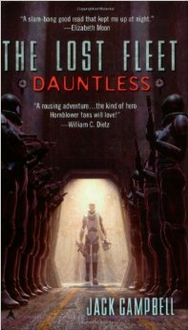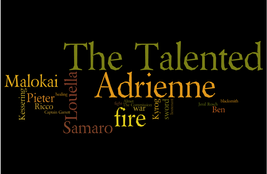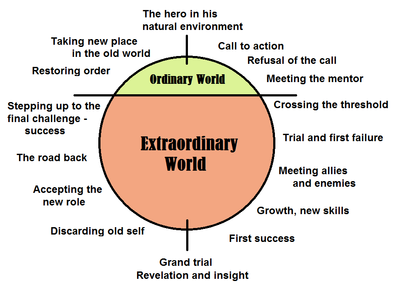- Children of the Stars- Written in middle school, it had a passable plot but was severely limited by the fact that my writing abilities were that of a middle schooler. Craft is something that is learned over time, and there is only so much "time" you can put in before the age of 12. I finished this one, although it is lost approximately four computers ago.
- Children of the Starts 2- This was basically the fanfic sequel of the original story, following the children of the original stories main characters. It was never finished, and had no real plot or conflict.
- Callum (No real title)-Written my freshman year of college, this was a big mess of awful. No real plot, with secondary characters who wanted to take over, it was basically a rip-off of the Wheel of Time series. I like to pretend that this one never happened.
- The Dark Time pre-The Talented- This is a conglomeration of several different works, most of which didn't get past the 5 page mark. It was a time of discovery, and eventually lead up to The Talented.
- The Talented-My first real finished work, this is the project that I funded with Kickstarter and will be publishing later this year. It goes off to editors in just over three weeks, and I am giving it the final once-over now. It's a thing of beauty (imo) which a solid plot, great characters, and writing skills much improved since the days of Children of the Stars.
- The Talented 2 (real name forthcoming)- Still solidly in the WIP category, I plan on this being another great book and following The Talented into the published market in the fall of 2015.
- The Bodyguard- A strange mix of finished and WIP, I am releasing this as a serialized novel with a new part going out every Monday. You can read the first two parts on my site under Book List or over on Wattpad. It has a great FMC, an intriguing plot, and goes through a careful crit process and edit before each addition is released. It was born out of the 2012 NaNoWriMo.
- "Kingdom of the Light"- My one and only short story. I really do like it, but it sort of confirms for me that I am not cut out for short stories. Anything more in depth than "Kingdom" would make me want to follow the characters more, which goes against the entire idea of the short story.
- Children of the Sky- A WIP that is an attempt at something more in the paranormal, space-alien, fantasy in the real world game. It is still highly debatable whether I will be able to make this work or if this is just a long writing exercise and diversion from all of the editing I am otherwise doing this summer.
Looking at this, I am a little impressed with myself for how much writing I have done in a relatively short time and the fact that, on reflection, I do have more variety in my stories than I feared. Looking at this, I know that Callum is a dead loss, but if I wanted to try my hand at High Fantasy I might revisit some of the elements of Children of the Stars. It would need some significant changes, but there are real problems to explore there.
At the same time, maybe it is better to enjoy my TBT but continue moving forward. After all, isn't that what the Facebook pictures symbolize?
So what are your TBT works? Anything that brings back great memories or reminds you of great ideas/characters? Anything that you wish you could erase from your writing past the way you want to erase that one horrible and embarrassing boyfriend or girlfriend?
I would love to hear more of the author's version of TBT.





 RSS Feed
RSS Feed